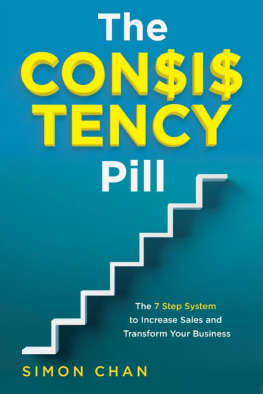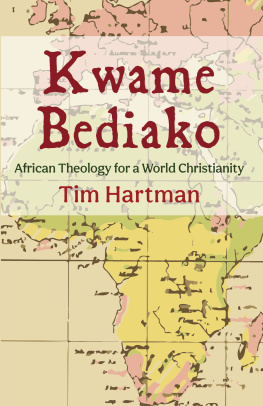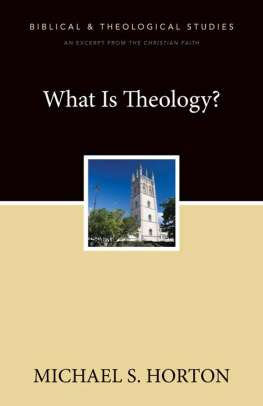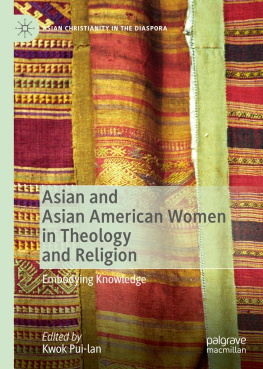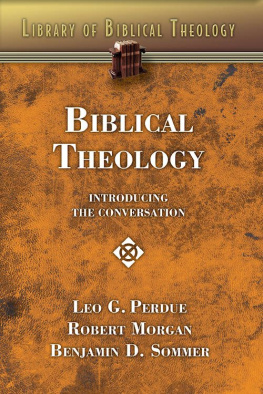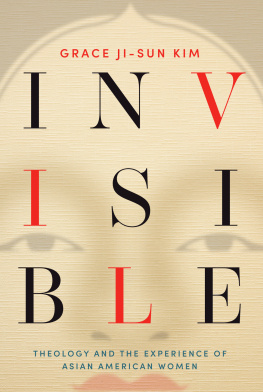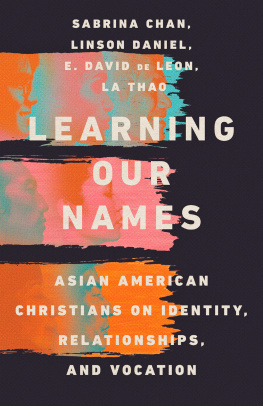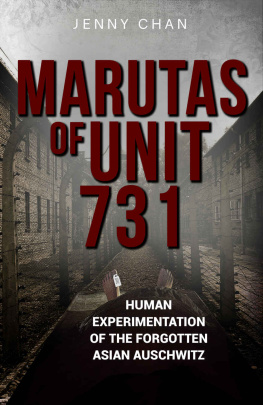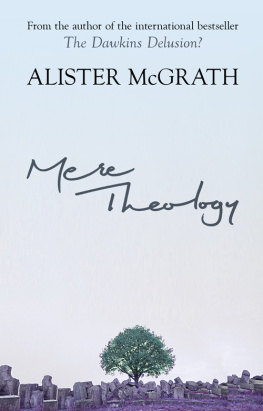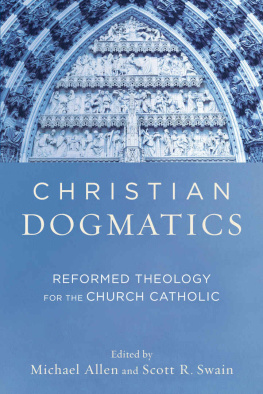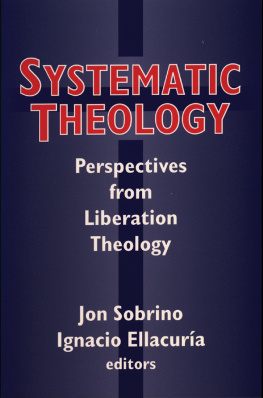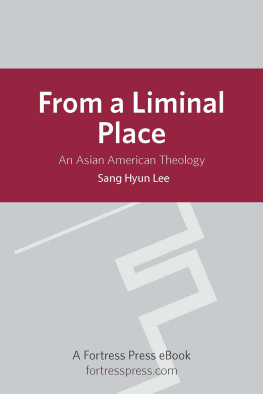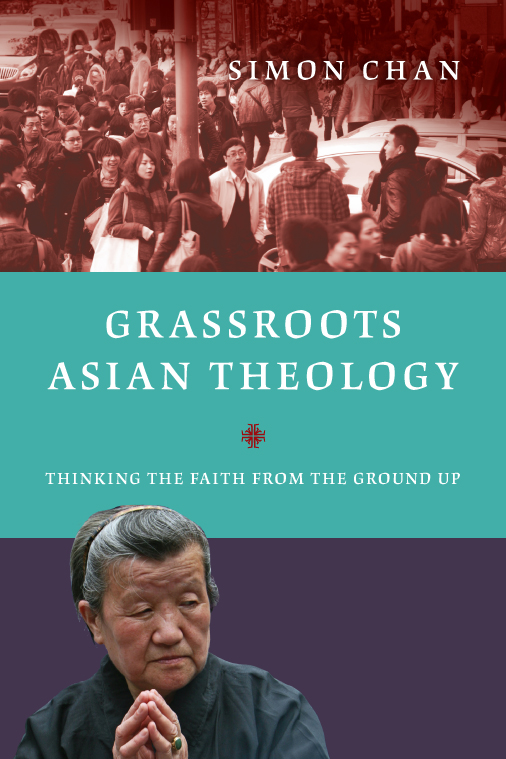In memory of Joseph P. Frary
(19402013)
InterVarsity Press
P.O. Box 1400, Downers Grove, IL 60515-1426
World Wide Web: www.ivpress.com
Email:
2014 by Simon Chan
All rights reserved. No part of this book may be reproduced in any form without written permission from InterVarsity Press.
InterVarsity Press is the book-publishing division of InterVarsity Christian Fellowship/USA, a movement of students and faculty active on campus at hundreds of universities, colleges and schools of nursing in the United States of America, and a member movement of the International Fellowship of Evangelical Students. For information about local and regional activities, write Public Relations Dept., InterVarsity Christian Fellowship/USA, 6400 Schroeder Rd., P.O. Box 7895, Madison, WI 53707-7895, or visit the IVCF website at www.intervarsity.org .
All Scripture quotations marked NIV are taken from the Holy Bible, New International Version. NIV . Copyright 1973, 1978, 1984 by International Bible Society. Used by permission of Zondervan Publishing House. All rights reserved.
While all stories in this book are true, some names and identifying information in this book have been changed to protect the privacy of the individuals involved.
Cover design: Cindy Kiple
Images: elderly Asian woman: Karl Johaentges/Getty Images
Asian pedestrians: Billy Hustace/Getty Images
ISBN 978-0-8308-9544-1 (digital)
ISBN 978-0-8308-4048-9 (print)
Contents
Preface
Much of what the West knows as Asian theology consists largely of elitist accounts of what Asian theologians are saying, and elitist theologians seldom take grassroots Christianity seriously. Yet it is at the grassroots level that we encounter a vibrant, albeit implicit, theology. It is this theology that I wish to highlight. If we accept Prosper of Aquitaines dictum that the rule of faith should be based on the rule of prayer ( ut legem credendi lex statuat supplicandi ), then a study of the lived theology of the people of God in Asia will yield a better theology for the Asian church and perhaps for the global church as well.
Such a theology, however, cannot be derived solely from Asian cultural resources. Any authentic theology must be developed in light of the larger Christian tradition. The appeal to Christian tradition is not simply a matter of preference but essential to our theological quest. If the Asian church is truly a part of the church catholic, the accumulated contributions of the past and present are essential to moving the church forward wherever it is found. This point has been strongly argued by the Japanese theologian Anri Morimoto against postmodern attempts to deconstruct tradition. A theology developed in this way would not only be a theology for Asia but also from Asia to the universal body of Christ.
In light of this imperative I have drawn freely from Catholic and Orthodox sources. I believe they offer a broader and more solid basis for contextual theologies compared with what goes on in much of mainline Protestantism and evangelicalism today. Putting it another way, any healthy theological development requires holding together two processes in a healthy tension: ressourcement and aggiornamento . Ressourcement is not merely a return to the past; rather it is a creative engagement with earlier sources, the fountainhead of spiritual life. Only in this way can we begin to engage in the work of aggiornamento , or adaptation and updating in light of the new situations in which the church finds itself. Without the prerequisite of ressourcement , aggiornamento could easily end up with the church capitulating to the spirit of the age.
I have not adopted any standardized format in the development of each theological locus but have sought to let the grassroots dictate shape and direction. Generally, however, I will present a brief sketch of elitist theologies followed by an exploration of theologies found in sermons, devotional works, testimonies and other popular writings by Asian Christians. Sometimes we will look at case studies; at other times we will examine the works of historians, sociologists and anthropologists for what light they can shed on popular thought and practices. I will use whatever resources are available within my limited competence in a highly complex situation to understand grassroots Christian experiences theologically. There is admittedly some unevenness in such an approach, but it allows for ideas to be elucidated from a number of perspectives.
This is not a systematic theology. My main focus is on how theology ought to be done. This book is as much concerned with the processes as the content of theology. Only the content that has a particular bearing on the Asian context is highlighted in each theological locus. My aim is to force a rethink on the way Asian theology is currently undertaken and in so doing show the distinctive contributions of Asian grassroots Christianity to the wider churchs theological endeavors.
Traditional Chinese and Korean names are normally written with surname first, followed by given names. This is the form I have adopted.
Methodological Questions
It is not unusual for discussions on Asian contextual theology to begin with a distinction between Eastern and Western ways of thinking. The Western way, we are told, is abstract, rationalistic and dualistic both metaphysically (for example, spiritual-material, God-creation) and epistemologically (subject-object), while the Eastern way is concrete, holistic and nondualistic; Western thought presents issues in either/or terms while Eastern thought encompasses both/and; Western thought is linear while Eastern thought is non-linear; and so on.
That there are basic differences arising from different cultural experiences cannot be denied, but whether these distinctions should be demarcated as Eastern and Western is another matter. What is sometimes called the Western way of thinking should more accurately be called Cartesian and Enlightenment thought, which does not exclusively define Western epistemology and philosophy. Some postcritical, postmodern ways of thinking that are considered part of the Western philosophical tradition, such as the personalist philosophy of Michael Polanyi, have perhaps more in common with what is characteristically described as the Eastern way of thinking. Similarly, as we shall see, some Asian theologians have adopted theological presuppositions and methods derived directly from Enlightenment thought. Can their theologies be called Asian?
Sometimes the antithesis between East and West is no more than a way of expressing certain value judgments. In some circles, Western theology is theology one does not particularly like, while ones preferred theology is regarded as more authentically Asian. For instance, some Asian theologians of a more liberal persuasion equate the Western model of theology with colonial domination and oppressive capitalism.
Perhaps it is time to get rid of the habit of describing different patterns of thought in terms of Eastern and Western ways of thinking. In a postmodern, globalized world, such descriptions are neither helpful nor accurate. Rather, a more pertinent question we need to ask in order to develop a contextual or local theology in an Asian context is: what spiritual and intellectual resources of the Christian faith can we bring to bear on the Asian context such that an authentic Christian faith can be effectively communicated and received? Implied in this question is a fundamental theological presupposition: an Asian theology is about the Christian faith in Asia. This presupposition may be phrased in different ways, but it runs through diverse Christian traditions, including Catholicism, Orthodoxy, evangelicalism and Pentecostalism.


